| A great deal has been written in recent years about the way American Jews celebrate the ritual of a young person becoming a bar or bat mitzvah. Both in satire and in serious commentary, the American "Bar Mitzvah Service," has been criticized as an over-the-top spectacle that distorts the true values of Judaism. Often, it seems, the celebration is more about a family showing off its offspring and its wealth than it is about a young person accepting the Torah. Hollywood lampooned the way some synagogues have become "Bar Mitzvah Factories" in the 2006 film, Keeping Up with the Steins. The movie pokes fun at parents who spend more money than they can afford on a party designed to impress relatives and business associates. |
In 2007, Rabbi Eric Yoffie, President of the Union for Reform Judaism, spoke to the Reform Movement's biennial convention in San Diego and bemoaned how Shabbat morning worship has been "appropriated by the Bar and Bat Mitzvah families," and how congregants "who come to pray with the community often sit in the back of the sanctuary and feel like interlopers in their own congregation." Ouch. We do seem to have gotten seriously off-track if the experience of becoming a bar or bat mitzvah has turned into a circus of overblown egos that actually keeps faithful worshippers away from the synagogue.
This is not what becoming a bar mitzvah was meant to be.
The origin of bar mitzvah is in a simple statement from Pirkei Avot. One of the sages teaches the appropriate ages for different milestones in life. "Age thirteen," he says, "is for fulfilling the mitzvot (commandments)" (M. Avot 5:21). By tradition, a boy at age thirteen is called up for an aliyah during a regular worship service. Typically, the child also chants one or more of the sections of the weekly Torah reading and the haftarah reading from the Hebrew Prophets. All of this is a way for the child to publicly acknowledge acceptance of the obligation to do mitzvot. He is called a bar mitzvah, Aramaic for, "one who embraces the commandment."
(Despite the common misuse, "bar mitzvah" is not the name of a ceremony. The bar mitzvah is the person, not the service. "Bat mitzvah" is the feminine form. The plural of bar mitzvah is "b'nei mitzvah." The form, "b'nei mitzvot," is incorrect. Also, "bar mitzvah" is not a verb. You cannot be "bar mitzvahed." All Jewish children become b'nei mitzvah when they come of age, whether or not they celebrate the occasion at a worship service.)
In a perfect storm of religious schools that want to "get serious about standards" and parents who want to put their child on a stage, the "Bar Mitzvah Service" has become something distant from its original intention. Instead of a rite of initiation into the mitzvot, the service has become a kind of recital performance that caps years of preparation. Often, the child is expected to lead much of the service. That may be appropriate for the rare thirteen-year-old who is able to lead a congregation in worship with understanding and competence, but few actually are. No wonder most of the synagogue regulars stay away.
I should not complain too much. I have been fortunate to serve congregations that manage to keep the Torah, not the egos, at the center of the service. Maybe it is because they have been off the beaten path, on the outskirts of the urban American Jewish scene, that these congregations have a better perspective on the meaning of a Jewish child coming of age.
So, what does this have to do with this week's Torah portion? When a young man or young woman reaches the age of accepting the mitzvot, the celebration is about choosing to live a holy life. This week's Torah portion contains explicit instructions on what that means.
Parashat Kedoshim (the second half of this week's Torah double header) opens with the verse, "You shall be holy, for I, Adonai your God, am holy" (Leviticus 19:2). It concludes with, "You shall be holy to Me, for I, Adonai, am holy" (Leviticus 20:26). In between those bookends, the portion offers instructions on the need for employers to treat their workers justly, on being honest in business, on treating rich and poor alike, on not taking advantage of the ignorance of others, on not indulging in inappropriate sexuality, and on respecting ones parents and the elderly.
The portion includes some of the most powerful ethical teachings of the Torah, such as, "Love your neighbor as yourself" (Leviticus 19:18). The emphasis is on being holy by being a mensch.
These are the lessons we want every bar and bat mitzvah to remember for decades to come, long after the service and the party are over. We want them to feel that they have entered into a covenant that offers them the opportunity to live lives of holiness by doing what is right, honorable, and just, even as they live in a world with many temptations to do otherwise. Becoming a bar or bat mitzvah should not be about leading more of the service than the neighbor's kid. It should not be about throwing a lavish party. It certainly should not be about the end of Jewish learning when it has only just begun
Becoming a bar or bat mitzvah is an invitation. It is an invitation to live a holy life.
Other Posts on This Topic:
Writing a Word of Torah
Kedoshim: Being Holy

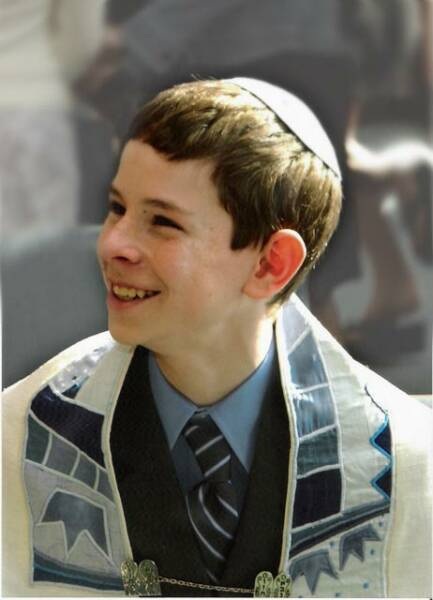


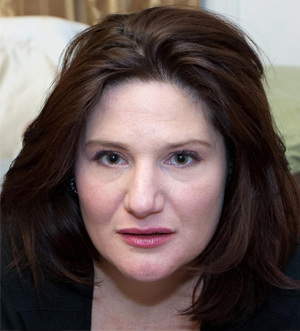

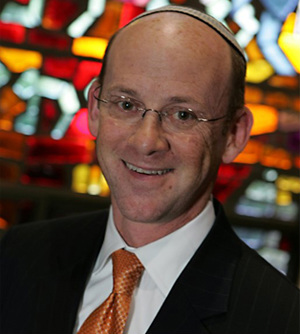
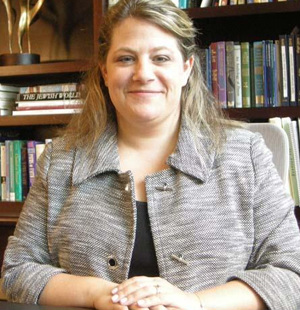
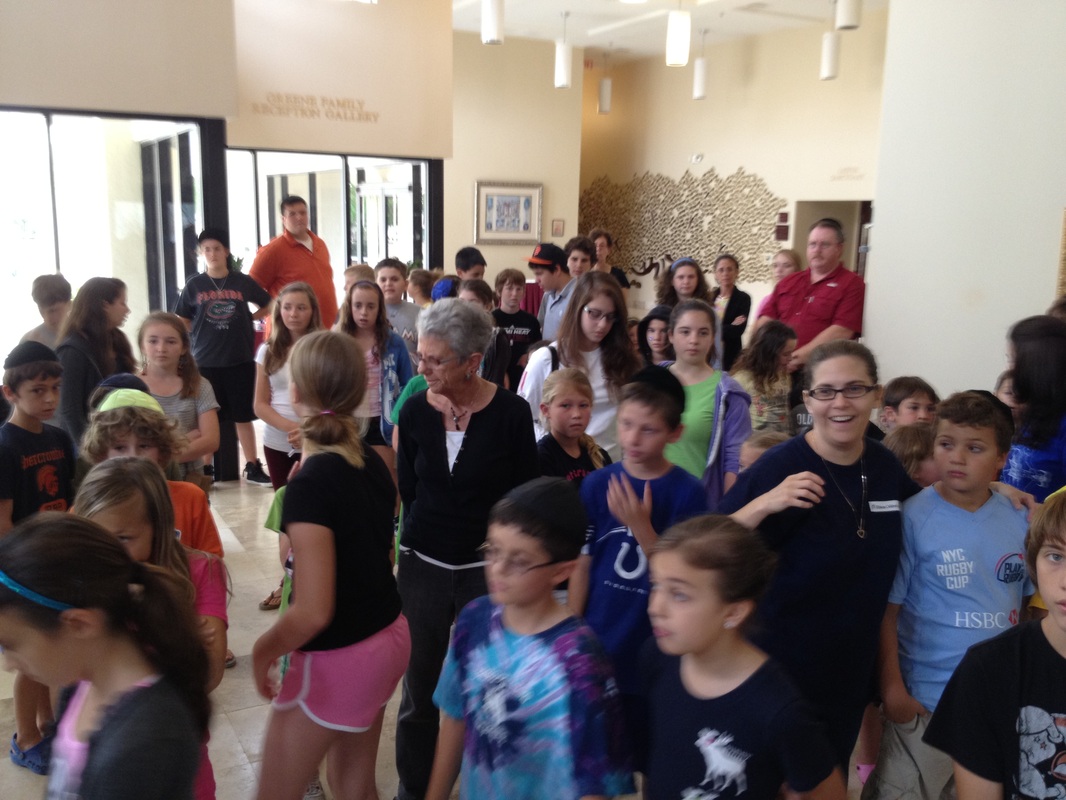
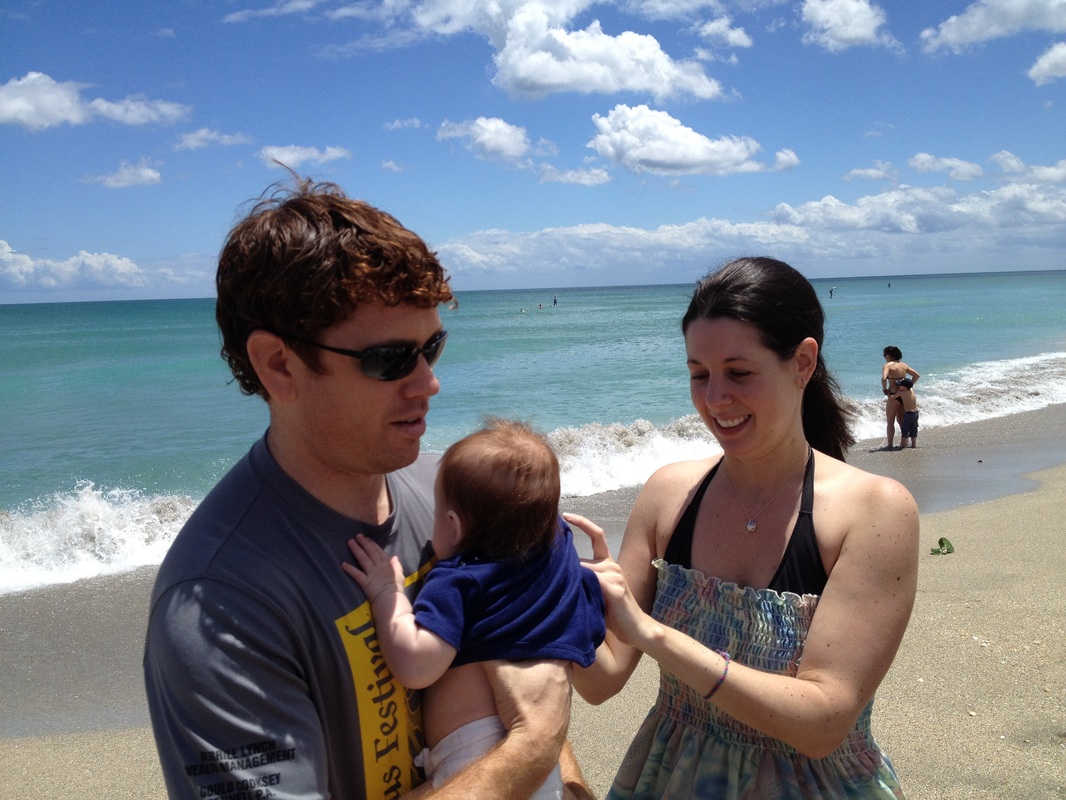
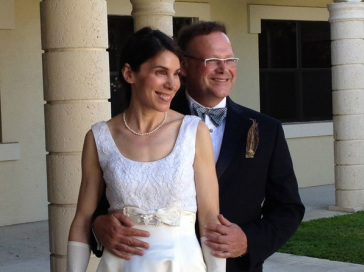

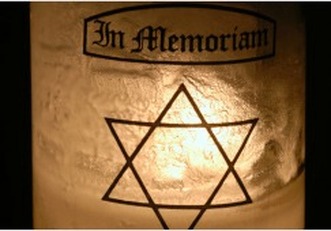
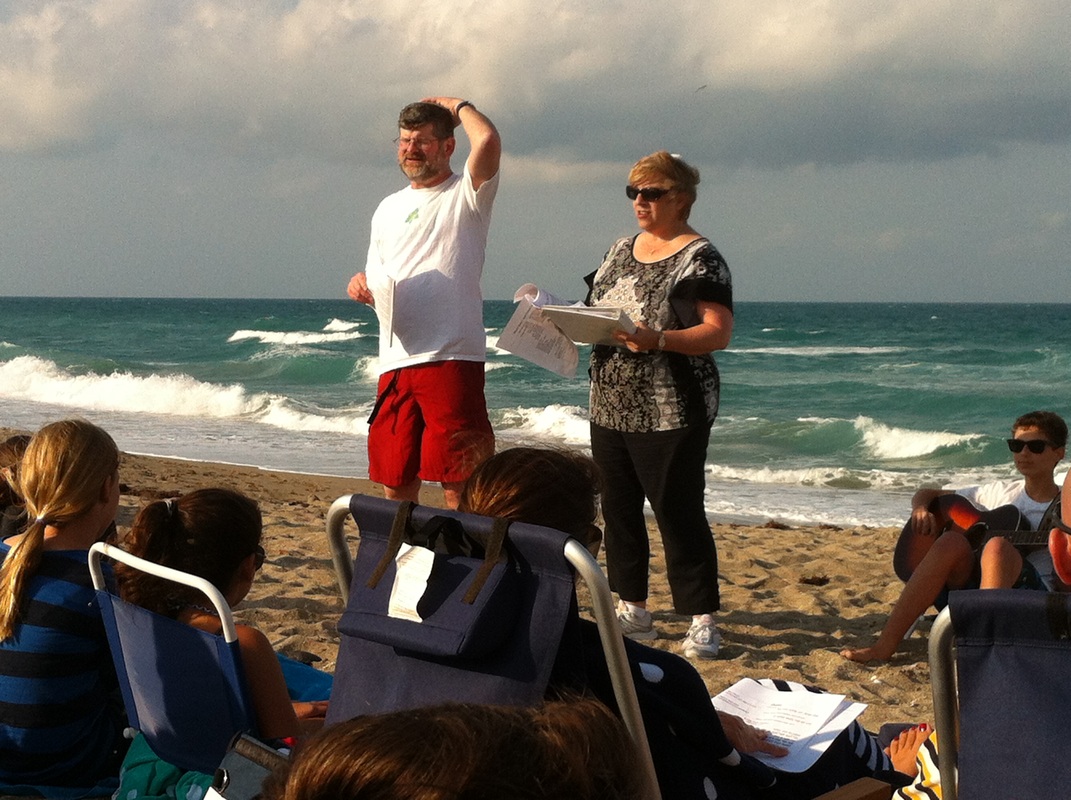

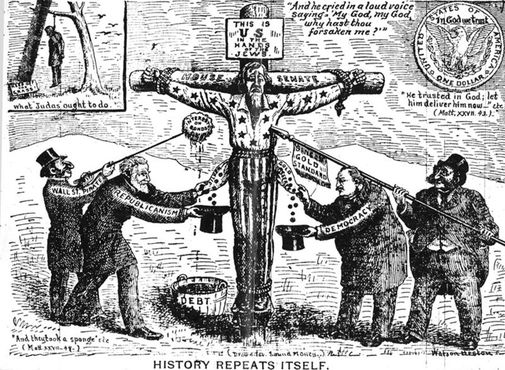
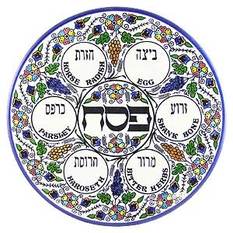
 RSS Feed
RSS Feed
